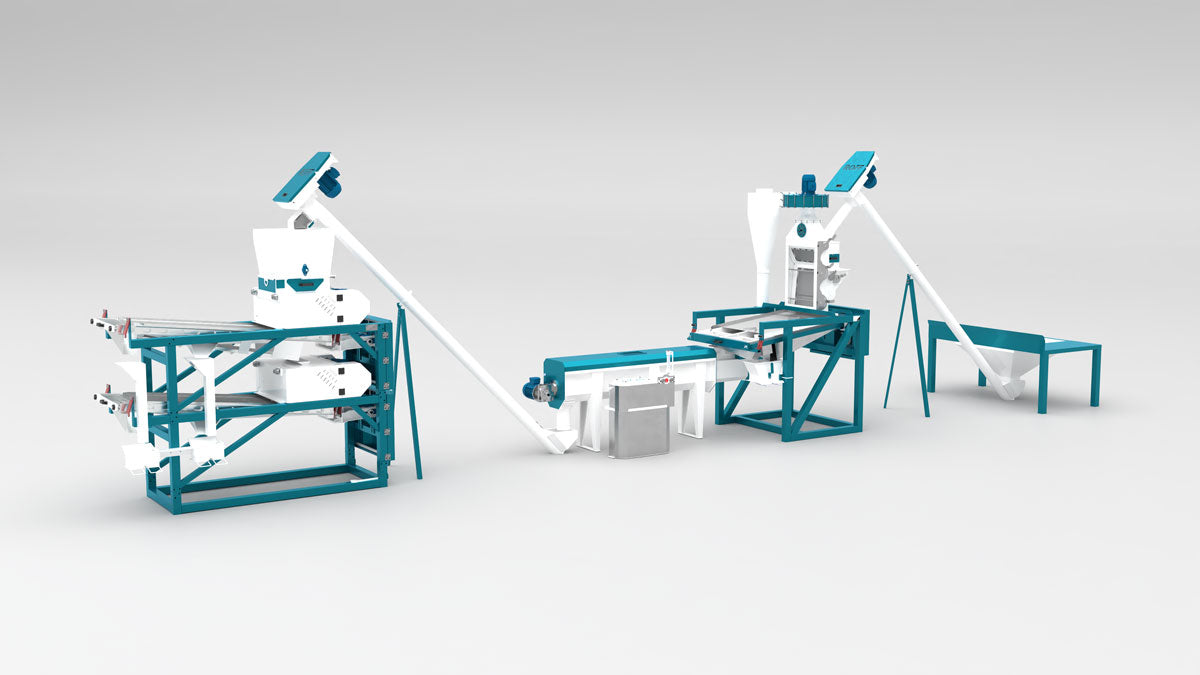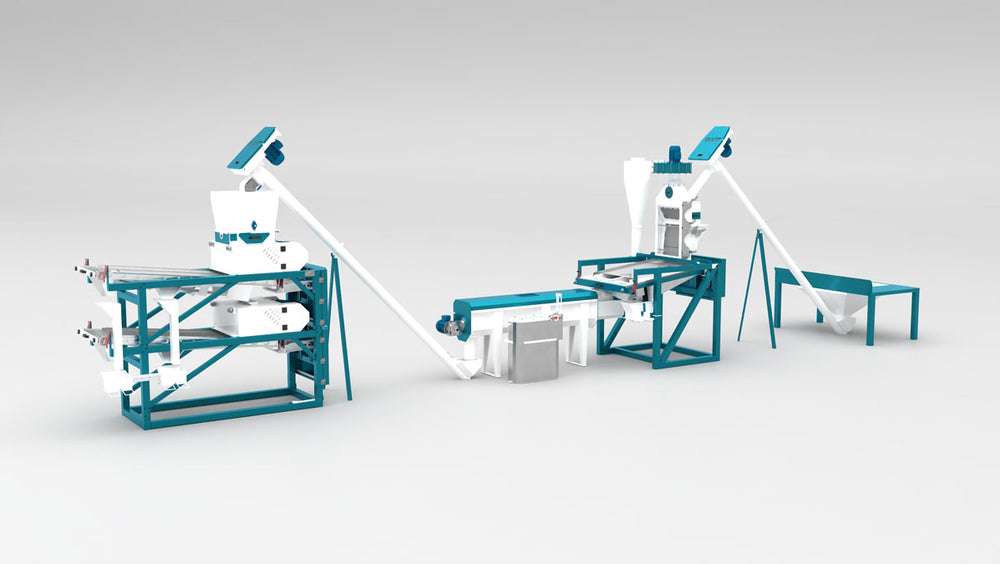Starting any new business brings about obstacles. Being prepared for these challenges, and trying to get ahead of them, can limit the impact they could have on your business.
One key step in preparing for the challenges your new milling or any startup may face, is writing a solid business plan.
This plan helps you understand more clearly what you need to do to reach your goals. Your completed business plan will also remind you of these goals. You can always refer back to it, to stay focused and on track.

1. Have several versions tailored for specific audiences: Newbie or inexperienced business owners often don’t understand who is the audience is for whom they’re writing the business plan. Reach out to small business associations in your area for advice.
3. Be realistic about financial estimates and projections: Probably one of the most intimidating parts of business planning is forecasting and budgeting. It’s always more fun to think about your product, logo and marketing!
But if your numbers don’t add up, your business isn’t going to work. If you’re looking for funding or a business loan, you won’t have any idea how much money you should ask for if you don’t put together a basic forecast.
Don’t try to reinvent the wheel. Use a proven tool to build your forecast so you don’t have to worry about things like Excel errors, or how to get good looking charts and graphs into your business plan or your pitch presentation.
Follow up your projections with statistics, facts or quotes from a knowledgeable source to give your plan credibility.

4. Writing the business plan is about the process and having a blueprint: Your business plan “reflects your ideas, intuitions, instincts and insights about your business and its future,” according to Write Your Business Plan (Entrepreneur, 2015). It’s a safe way to test these out before you commit to a course of action. Once you get your business going, the plan also serves as a reference point. Print it out regularly to see where you have come from, and where you’re headed.
5. Your presentation matters: Reading any long, text-heavy document can be a bore, so format your business plan with this in mind. Maybe format your text pages into two-columns and break up long passages with charts or graphs. Arial, Verdana or Times New Roman are standard industry fonts you can consider using.
Sources:
https://www.entrepreneur.com/article/252275
https://articles.bplans.com/resources-for-entrepreneurs-writing-a-business-plan/
https://www.businessnewsdaily.com/7893-steps-before-business-plan.html












2 comments
Je suis à goma Province du Nord Kivu territoire de nyiragongo. Valfa business. (RDC)
———
Roff Milling replied:
Bonjour Hanhi, pour obtenir de l’aide et des informations sur nos moulins à maïs, veuillez nous contacter à sales@roff.co.za
Writing a business plan is crucial for navigating the challenges of starting a business. Here are five tips to help:
Tailor your plan for different audiences, like investors or partners, to ensure it’s relevant and engaging.
Treat your plan as a living document—review and update it regularly to reflect your business’s reality.
Be realistic with financial estimates to avoid pitfalls and ensure accurate funding requests.
Use your plan to test ideas before committing, and keep it as a blueprint for future reference.
Make your presentation appealing with clear formatting and visuals to maintain reader interest.